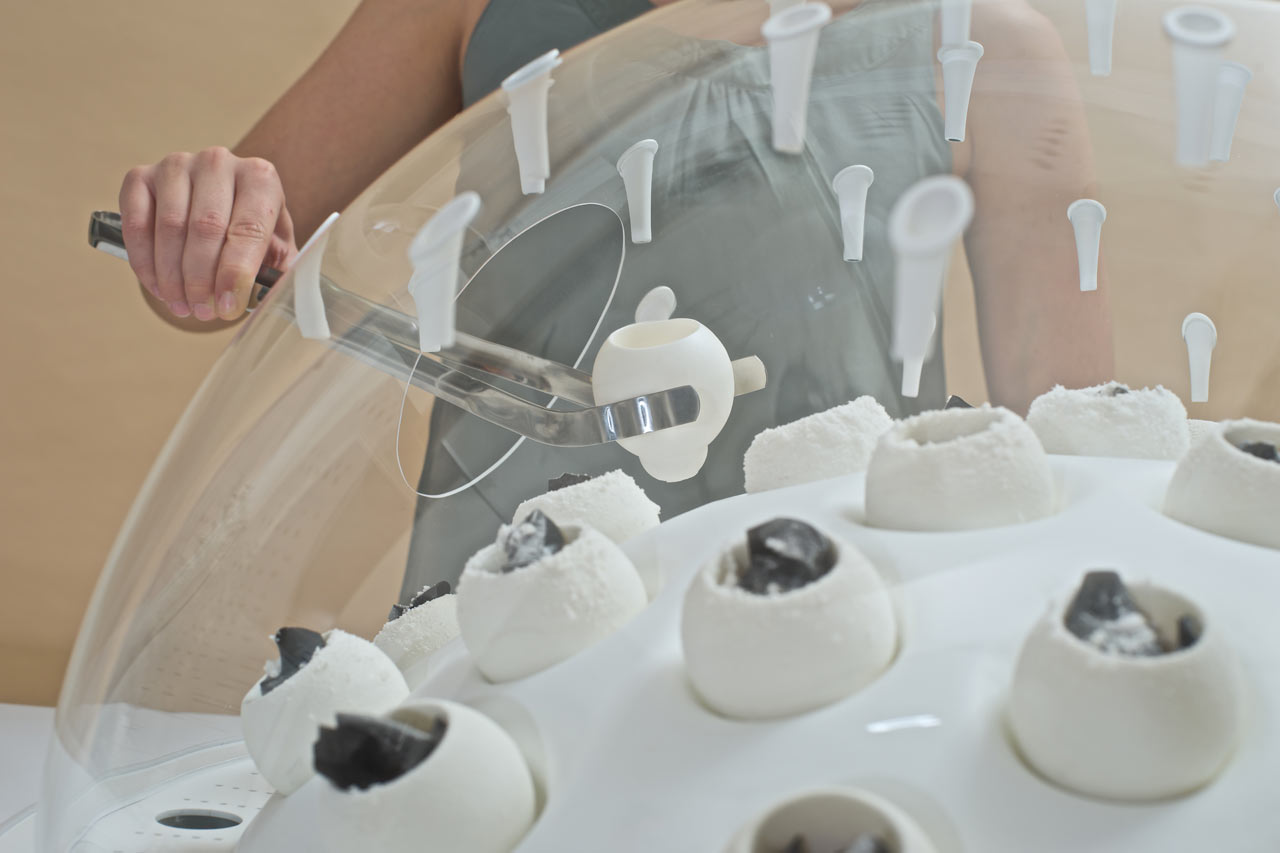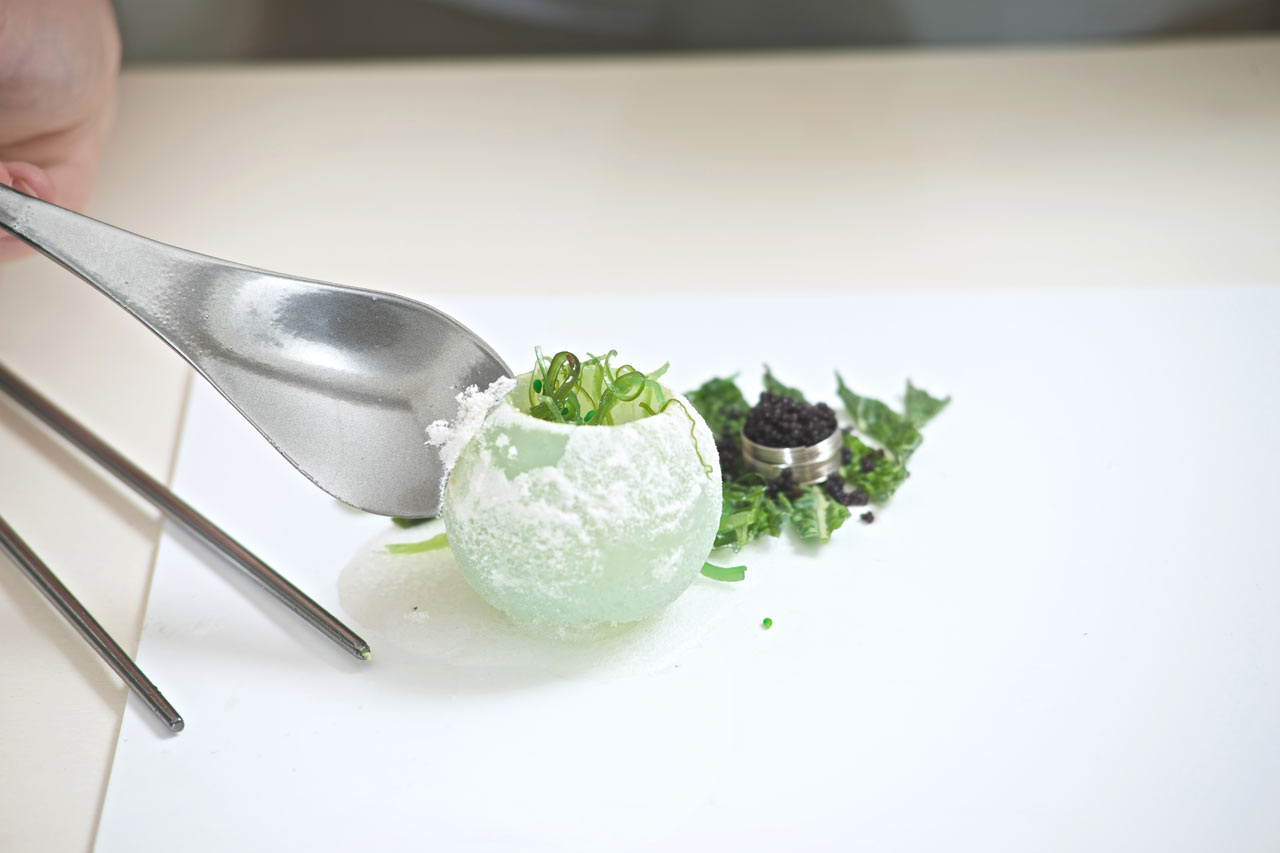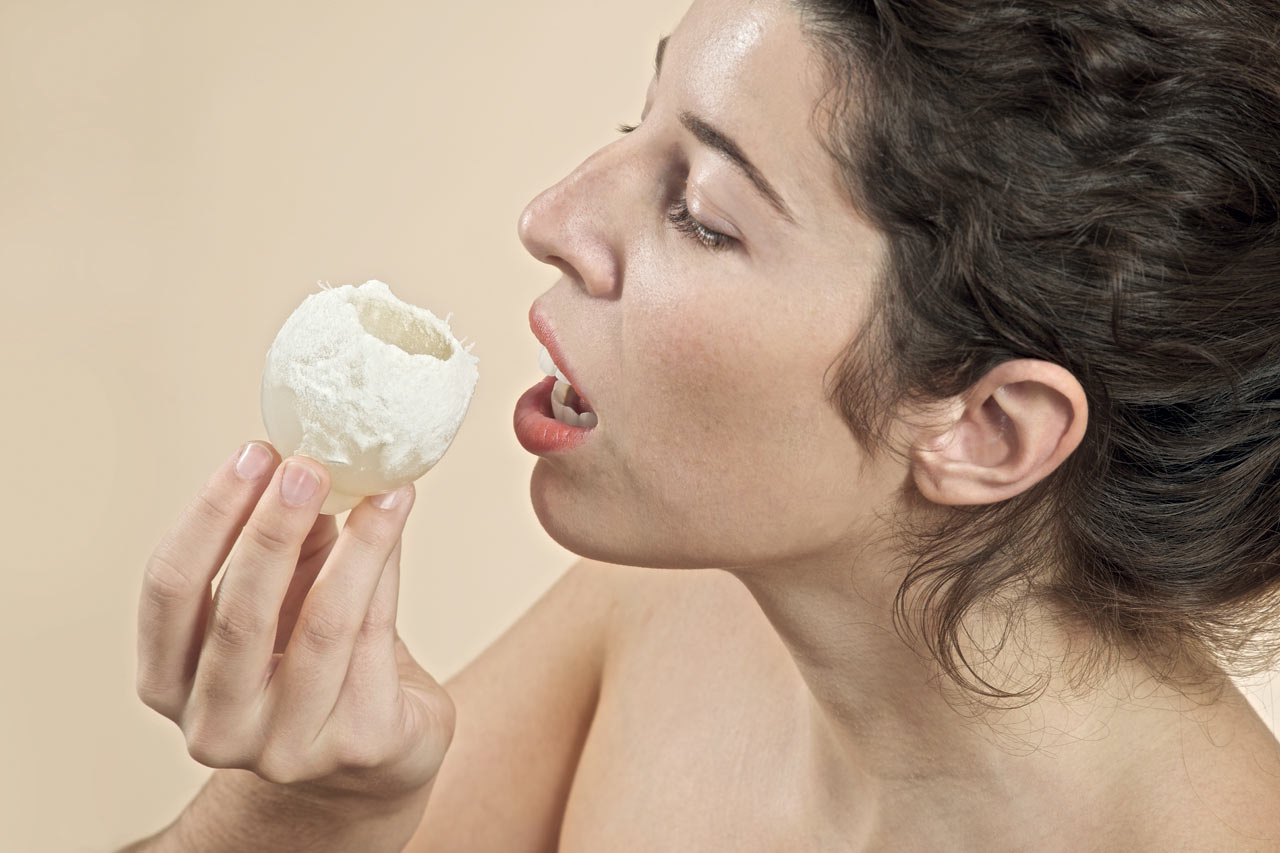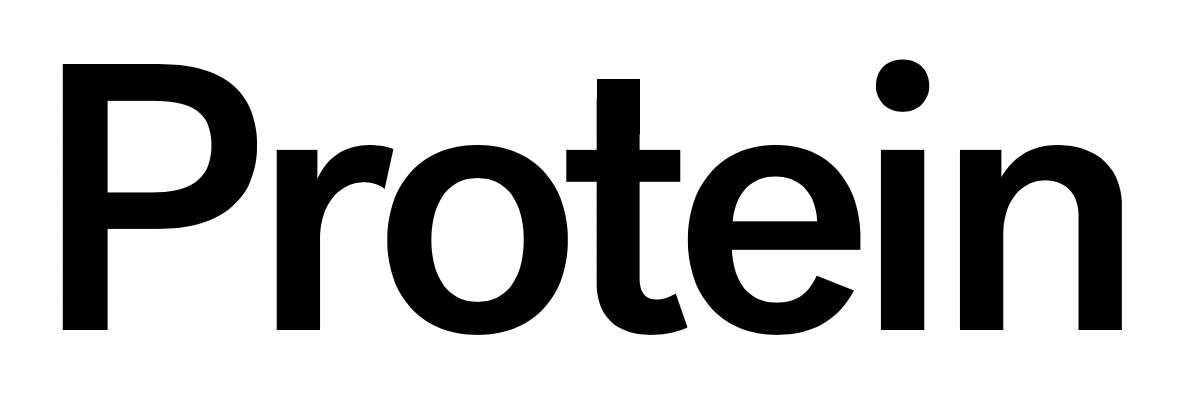
Recycling waste plastic by turning it into edible mushrooms
Designers have long been applying their interdisciplinary knowledge to solve some of the world’s most pressing problems, now Austria-based Livin Studio is using its biological knowhow to create a fungi system that consumes biodegradable plastic whilst growing edible mushrooms.
The Fungi Mutarium system consists of an incubator that hosts a mini-farm of two fungi strains (Schizophyllum Commune and Pleurotus Ostreatus), both fit to be eaten by humans and commonly found on supermarket shelves. The plastic digesting process starts by first placing the objects under a sterilizing UV light and then adding a mycelium culture that will start to slowly devour them. In a couple of months all is left is a cluster of rather neutral tasting mushrooms. "This is the part of the project that is still ongoing research. Our research partner [Utrecht University] expects that the digestion will go much quicker once processes are fully researched and optimised", says Katharina Unger, Livin Studio founder.
Finding innovative ways to raise awareness about the plastic waste problem has been drawing the attention designers and artists for some time now, Dave Haakens' Precious Plastics project saw the designer set up a small-scale plastic workshop and develop machinery that allows people to easily recycle the material themselves.
Although already scientifically attainable, Fungi Mutarium would still have to go through many regulatory approvals before we see mushroom recycling farms in every home.






Discussion